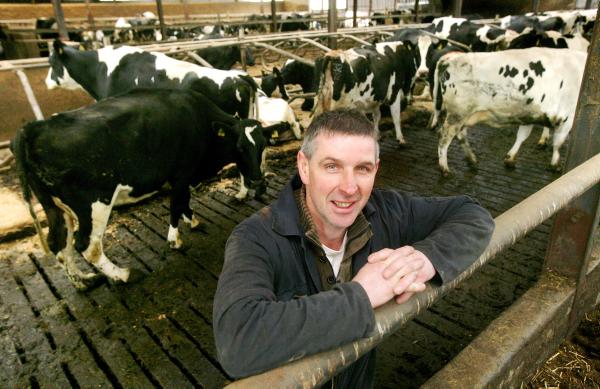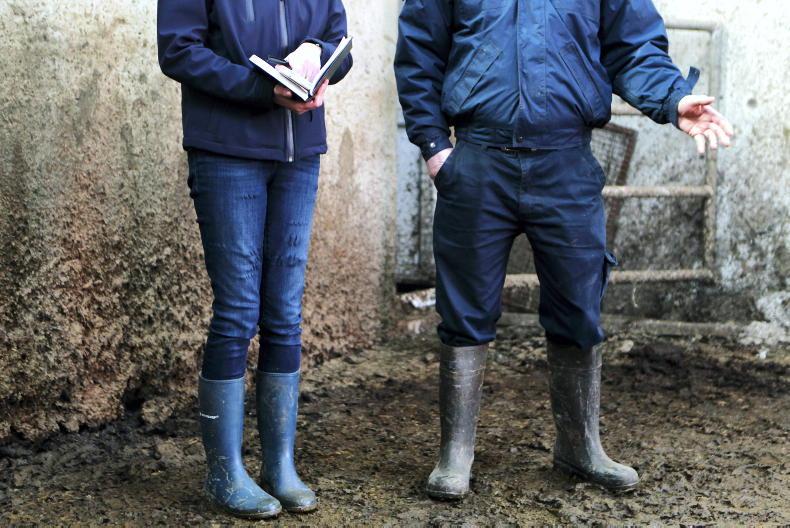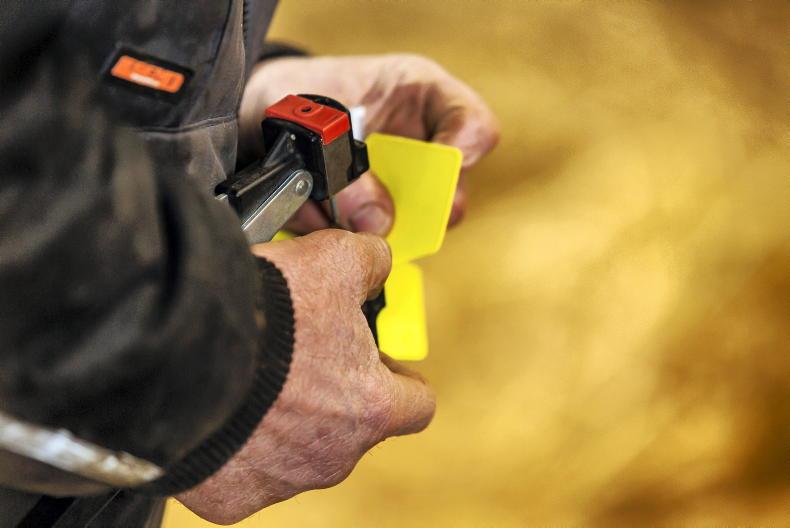Despite losing a legal battle in the High Court with the Ulster Farmers’ Union (UFU), and its former president Ian Marshall over cross-compliance penalties, the case continues to rumble on and could be set for a second judicial review.
At issue is a UFU legal bill understood to be £126,000, plus £60,000 due to Ian Marshall, which is money deducted from his single farm payments as a result of an ‘‘intentional’’ breach of cross-compliance rules.
The High Court ruled in February that the decision to classify a pollution incident on Marshall’s Markethill farm as intentional, rather than negligent, was “unlawful”. It had been assumed that would be the end of the matter, with DAERA due to pay all legal costs and reimburse Marshall.
At the time, the UFU claimed a precedent had been set whereby the Department would have to clearly prove intent in future, and may also have to review similar historic cases.
However, it would seem that DAERA officials are not giving in that easily. As well as refusing to review similar past cases (see Irish Farmers Journal edition dated 25 February 2017), the Department has also disputed the UFU legal costs. It is understood that officials in the Departmental Solicitors Office consider these costs to be out of line with fees locally. The crux of this issue is the decision of the union to employ top English Barrister, Hugh Mercer QC, on the case. While around £50,000 has been paid (to cover fees of local people employed on the case), that still leaves over £70,000 (essentially the cost of employing Mercer) still to be recovered.
On enquiry a DAERA spokesperson confirmed: “The Departmental Solicitor’s Office and the legal team retained by Messrs Marshall are currently engaged in discussions on the legal costs of the case.”
Judgment
As regards the judgment of the court in favour of Marshall, this is also now in dispute, and it is understood that he has since been notified by DAERA that it still believes the original decision was correct. Unless someone backs down, it looks like the matter could be back in a costly court battle once again.
It is understood that the union has written to DAERA indicating its intention to continue by way of another judicial review.
What is not in dispute is that there was a pollution incident on the Marshall farm in late 2011/early 2012. It was accepted by Marshall’s legal team that he was negligent (which would have attracted a cross-compliance penalty of 1 to 5%).
Instead, the Department decided the pollution was intentional, which attracted a much higher penalty (55% in this case).
At the time, Marshall appealed through the normal DAERA process, and at a second stage hearing (initiated in 2013), an independent panel recommended in favour of Marshall that the breach be changed from intentional to negligent.
However, the final decision at second stage review still lay with the head of DAERA paying agency at the time, Gerry Lavery. He went against the independent panel, concluding in May 2015 that the original decision to class the breach as intentional should stand.
It was how Lavery arrived at this decision that the High Court ruled was “unlawful”.
However, crucially, in the High Court judgment, it was left open for DAERA to potentially re-decide the case.
That is something it has now done, with a different senior official looking at the case and coming to the same conclusion as Lavery.
It is understood that part of their justification is based on a case from the Netherlands, which was decided in the European Court of Justice in 2014. It related to a farmer, AM van der Ham, who was hit with a 20% penalty in 2009 for an intentional breach of rules around manure spreading.
He argued the breach was not intentional, but the court decided that because the rules were long-established, breaking them could be seen as intentional, not just negligent.










SHARING OPTIONS